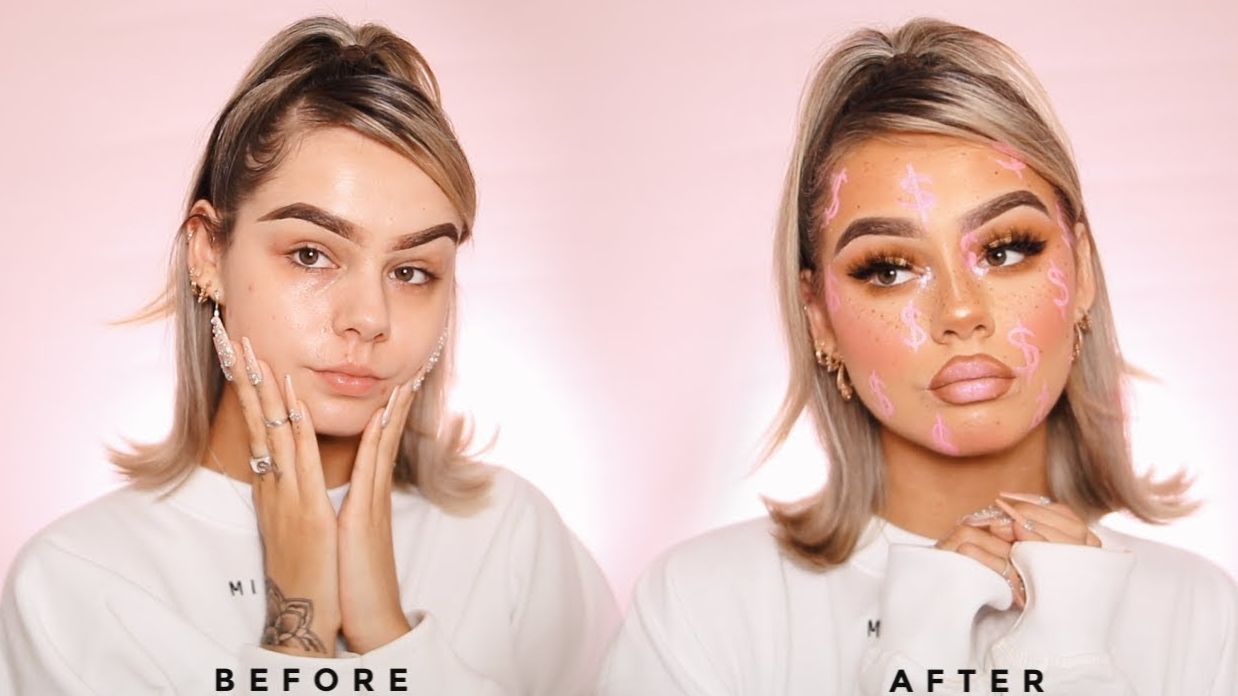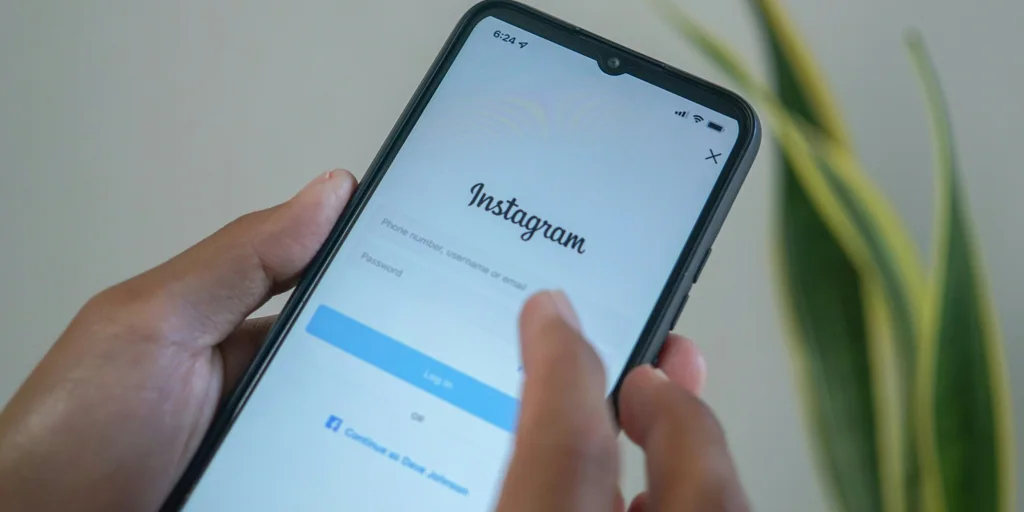Instagram he is not an innocent master. He wants us to use his tools to maintain intact the structure of the great cognitive dissonance in which it operates. It doesn’t matter if it leads us into dangerous habits-
Almost everyone who uses this app or any other app that has a beauty changer must have experienced it. our thumbslike a olfactory animal, running through the carousel in search of the perfect filter, masks that replace our real faces by unearthly smoothness, larger pupils and cheekbones sculpted like stone. Thin or fat lips? Fatter, they give better light with this selfie and thus attract likes like flesh to flies.
Already we, without reference, are manufacturers of forced beauty and lifestyle. We have been swallowed up by a canon of beauty which is impossible to obey, in the normative body and the aesthetic propaganda machine with which the model of perfection is injected into us; one that is impossible to achieve and, by comparison, makes many people obsess over its minor flaws. Humans are sick because we are not “other”, which appears on the phone screen and displays our features. The process is so simple as to be scary: with a single tap, we can apply canon on our face thanks to the algorithms and filters that run it. Nothing serious happened, or yes. how about body dysmorphic disorder that, for the most part, has affected so many people? Do you know Laura’s case? That’s just one of many.
I am another from social network
Like any poisoned gift, filters have brought consequences for the relationship we have with algorithms and the notion of our images on mobile screens, according to critics who have studied addictions and distortions in our mental health caused by social networks like Instagram.
Since the advent of Snapchat, and later Instagram or TikTok, decoding and reshaping one’s real body and face into customized ‘trend’ versions have exponentially increased the cases of people suffering from BDD. (Body Dysmorphic Disorder): embarrassing preoccupation with physical disability that we feel within ourselves and which we ritualize through obsessions, but they don’t have to be real.
The phenomenon was detected in the United States by one of the main institutions dedicated to plastic surgery. According to the data provided, more than 50% of the patient starts asking for surgery and cosmetic touches focuses on improving your appearance on social networks.
Those in charge of warning of what was to come They call this phenomenon “Snapchat dysmorphia.”, thereby summarizing the close relationship that exists between the homogeneous aesthetic models imposed by social networks and the irreparable gaps in our physical perception. We smile at the digital body, we will live in it; for real, we give it for anxiety, depression, comparative obsession and progressive contamination in our outlook, because there will come a time when we won’t be able to see ourselves as we really are and we’ll have to do a hard reset with one of these tips to re-accept ourselves naturally, without beauty filters or blown nose job clicks.
In countries like the UK, the problem is so serious that, since 2021, the authorities have turned a blind eye to trying to stop the use of filters on a large scale. Advertising Standards Authority cut the filter tap to influencers and forbid them to hypnotize their face when they sponsor the product as long as the campaign brand can monetize it. It will be considered false advertising.
Installing disease technology products in the center of our brains doesn’t seem like something those in charge of Meta are looking for on purpose, but there are internal reports from the company itself where real data and statistics are provided, and conclusions that shouldn’t we take lightly: IInstagram is very dangerous for the mental health of young peopleand furthermore, from those who seek in their image washed by capitalism a refuge from themselves and their real bodies.

“Entrepreneur. Internet fanatic. Certified zombie scholar. Friendly troublemaker. Bacon expert.”




:quality(70)/cloudfront-us-east-1.images.arcpublishing.com/elfinanciero/ZTJV57HVVJGODLL3YBCDPNWTAQ.jpg)




